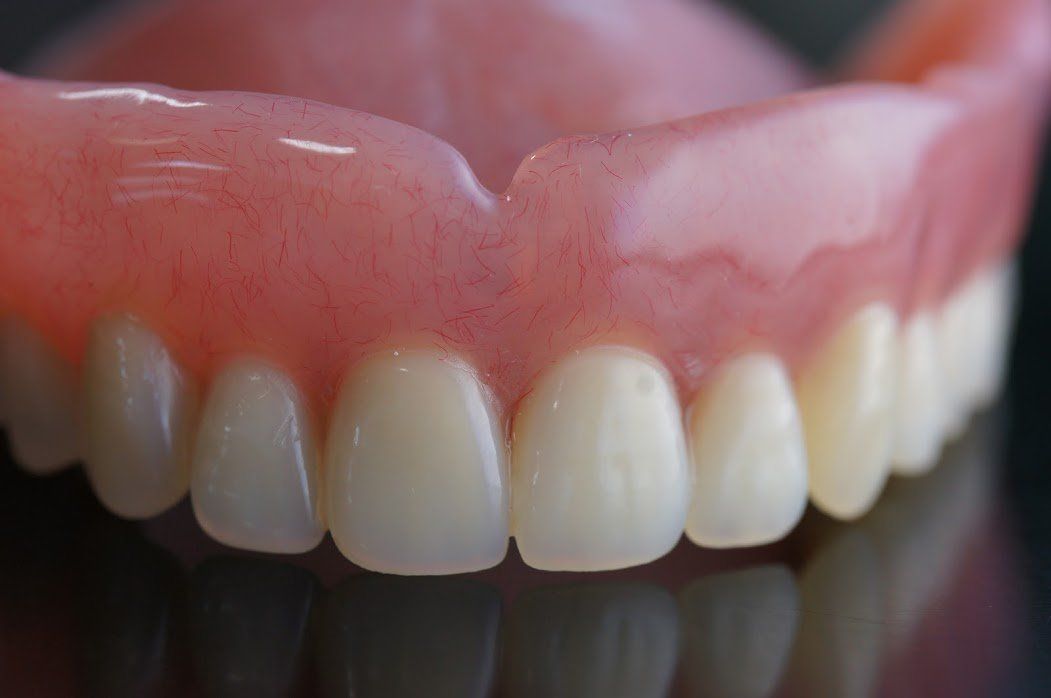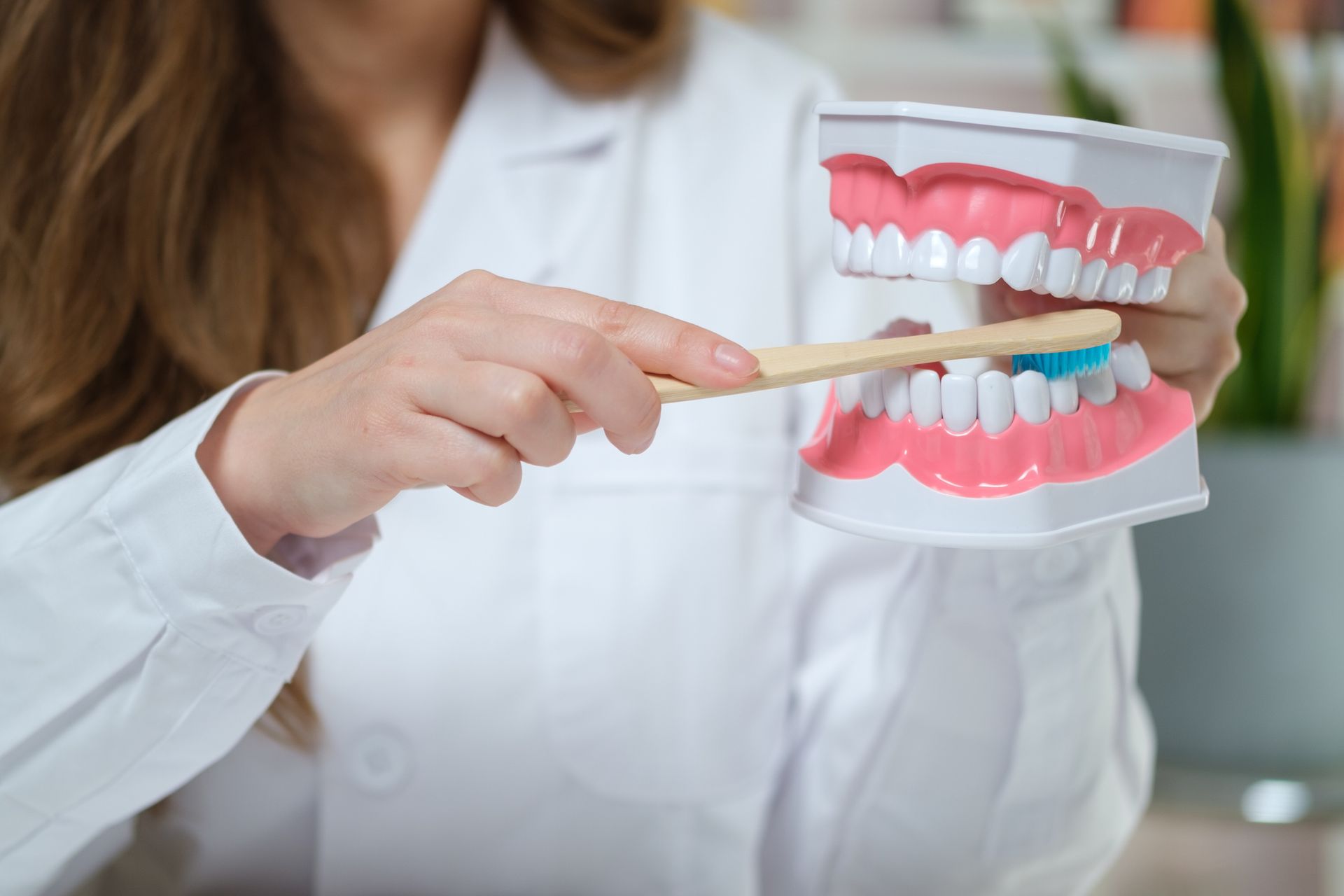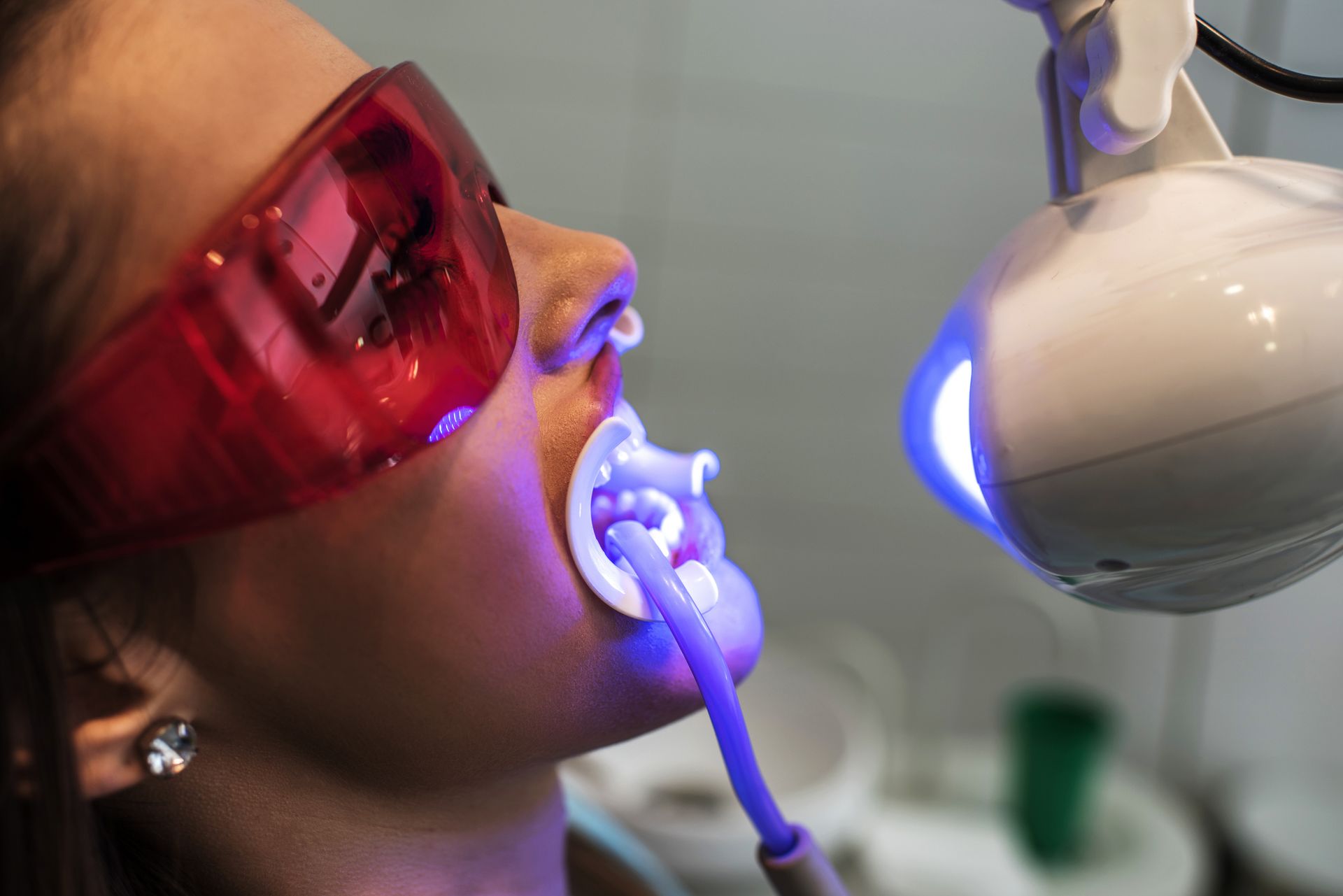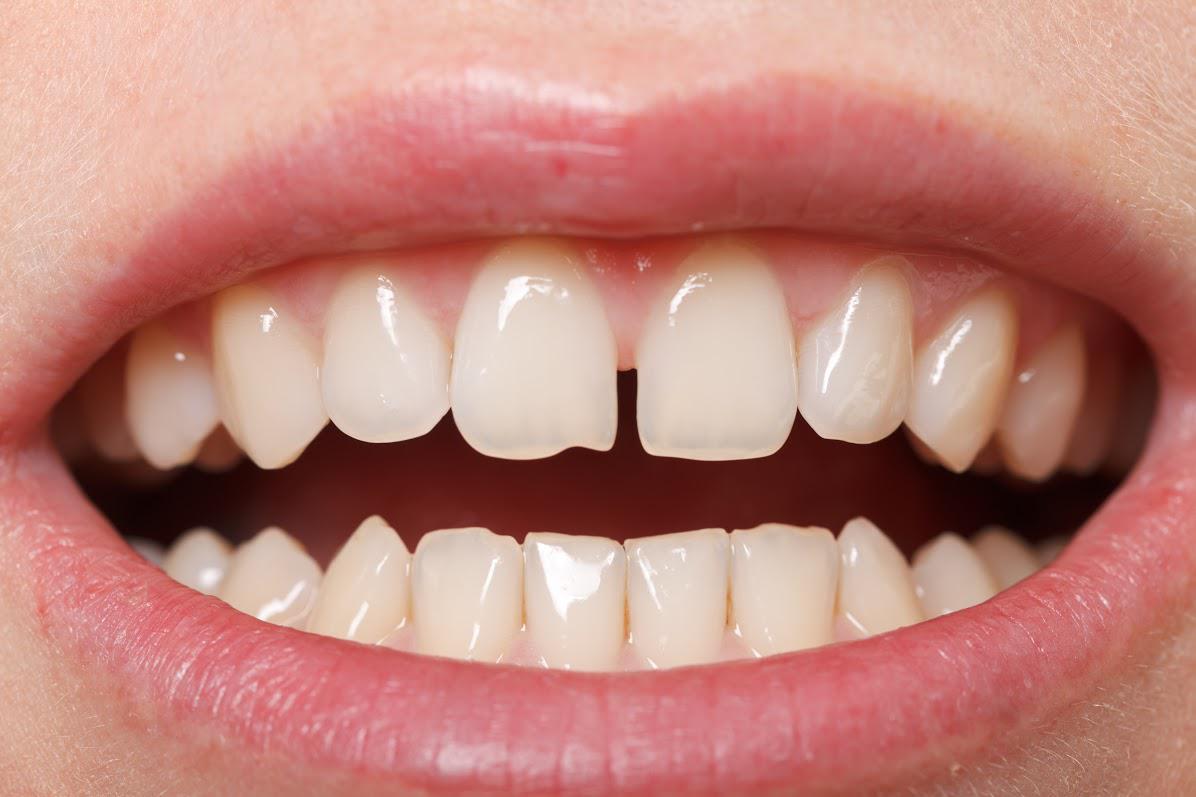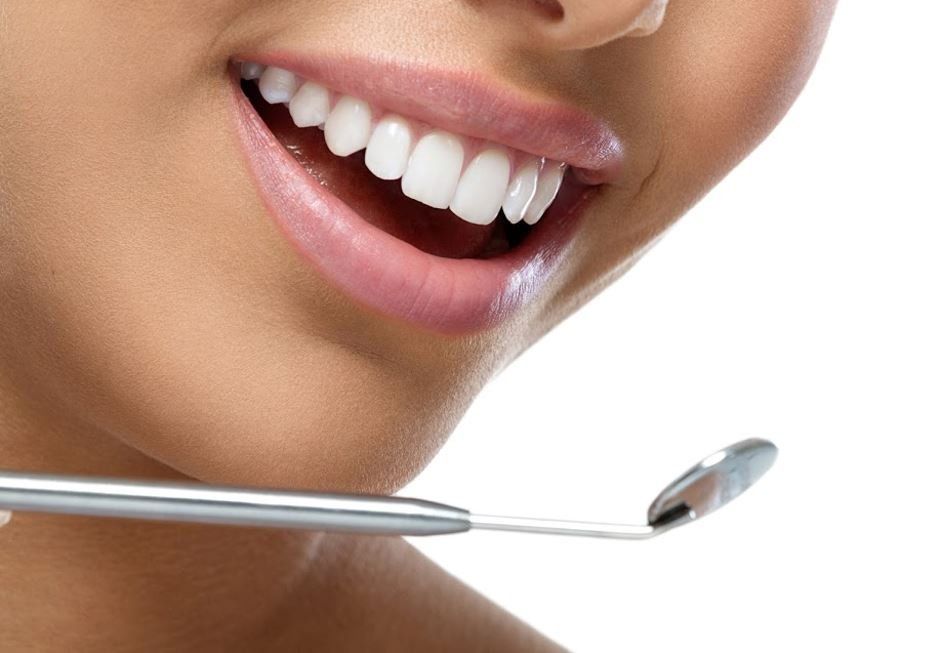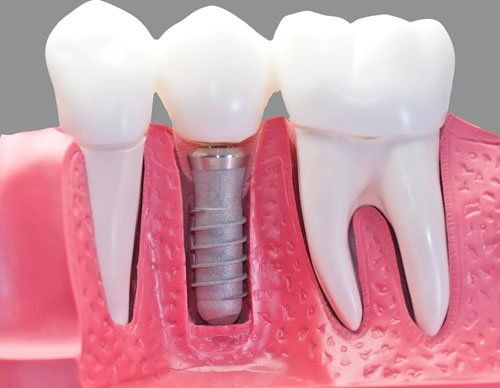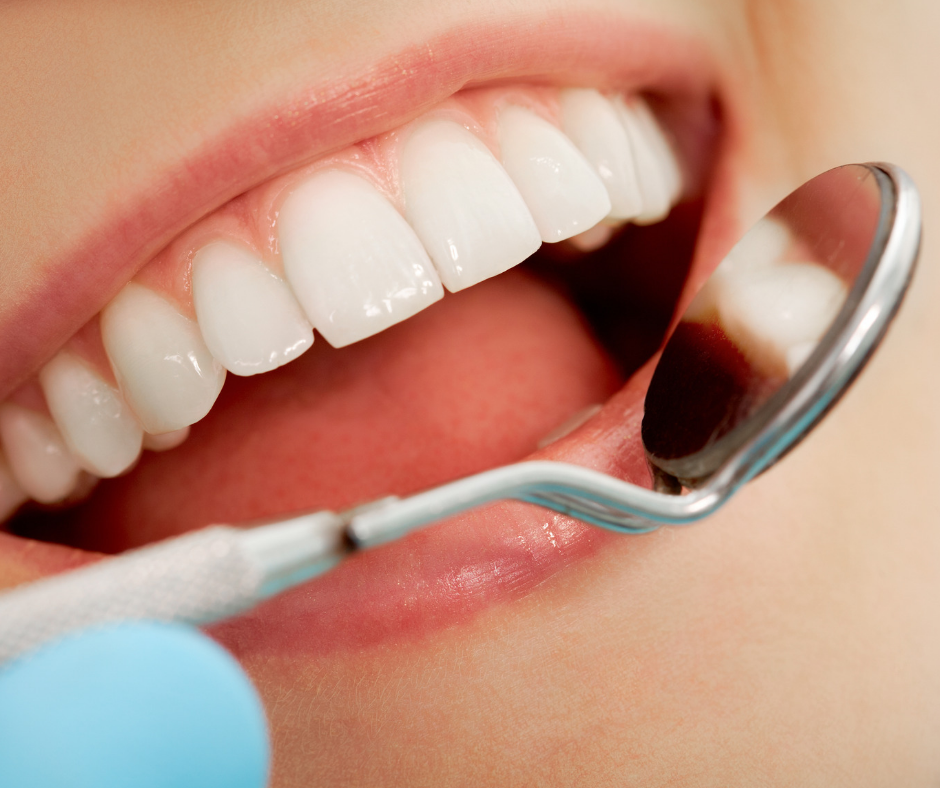4 Signs It's Time to Replace Your Dentures
From an accident or injury to an underlying dental condition, such as tooth decay or gum disease, there are many ways you may lose one or more teeth. Living with an incomplete smile is possible, but missing teeth can affect your ability to chew and speak while decreasing your self-esteem.
If you are part of the 120 million
Americans who is missing at least one tooth, you may restore your smile with dentures. Of course, dentures don't last forever, so there may come a time when they need to be replaced. This guide - and the help of your dentist
- will teach you the signs that it's time to replace your dentures.
1. Dentures Are Loose
Your dentures are designed to fit in your mouth without any movement. This fit ensures you can chew and speak without any risk of the dentures shifting and causing embarrassment.
If your dentures feel loose or move around, consult your dentist. Other than the actual movement and feeling that they have started to loosen, you may hear a clicking sound when eating or speaking.
There are many reasons why your dentures will loosen over time. In most cases, changes in your mouth, other teeth, and gum tissue can affect the way your dentures fit.
Another reason your dentures are no longer fitting properly in your mouth is because the actual denture material has worn down. This deterioration is the next sign that a replacement is due.
2. Dentures Are Weak, Broken, or Stained
Improper care and wear and tear that comes along with age can weaken, break, and stain your dentures. Consider inspecting your dentures in detail periodically to determine if they are starting to deteriorate or appear stained.
If the denture material or the artificial teeth are chipped or cracked, your dentures should be replaced. Proper cleaning of your dentures will reduce the risk of discoloration, but if you are unable to remove the stains, consider replacing your dentures.
Inspect the base of your dentures, as well. Without a base that is in good condition, the dentures will not fit comfortably into your mouth. If the base is bent or warped, it is time for a replacement.
3. Dentures Cause Pain and Discomfort
Some discomfort is normal when you first start wearing dentures. Once you adjust to wearing them, your dentures should never cause pain or discomfort. If the dentures are painful to wear, there is an underlying issue with the quality or fit of your dentures.
If they are broken, warped, or not properly fitted to your mouth, the dentures will irritate your gum tissue, interior of your mouth, and even your tongue. This irritation can be painful and cause scratching and pinching until the tissue starts to bleed. The pain can be so severe, continuing to wear the dentures is no longer possible.
Also, many people develop canker sores in the area where the dentures are rubbing on the mouth or gum tissue. Although they are painful, canker sores can also be dangerous. Food residue and bacteria may build up in these sores, resulting in an infection that requires prescription antibiotics.
4. Dentures Are Old
The fit, look, and feel are important factors in determining when you need to replace your dentures, but their age also matters. Again, dentures are durable, but they are not meant to last forever.
Even if you are not experiencing any of the other signs of distress, most experts recommend replacing your dentures after five to seven years
.
Dentures are a great option if you need to restore your smile to an appealing and functional state, but they will need to be replaced at some point in time. For more information on dentures, or to schedule a consultation for a replacement, contact Gregory S. Rutherford, DDS, PA today.

